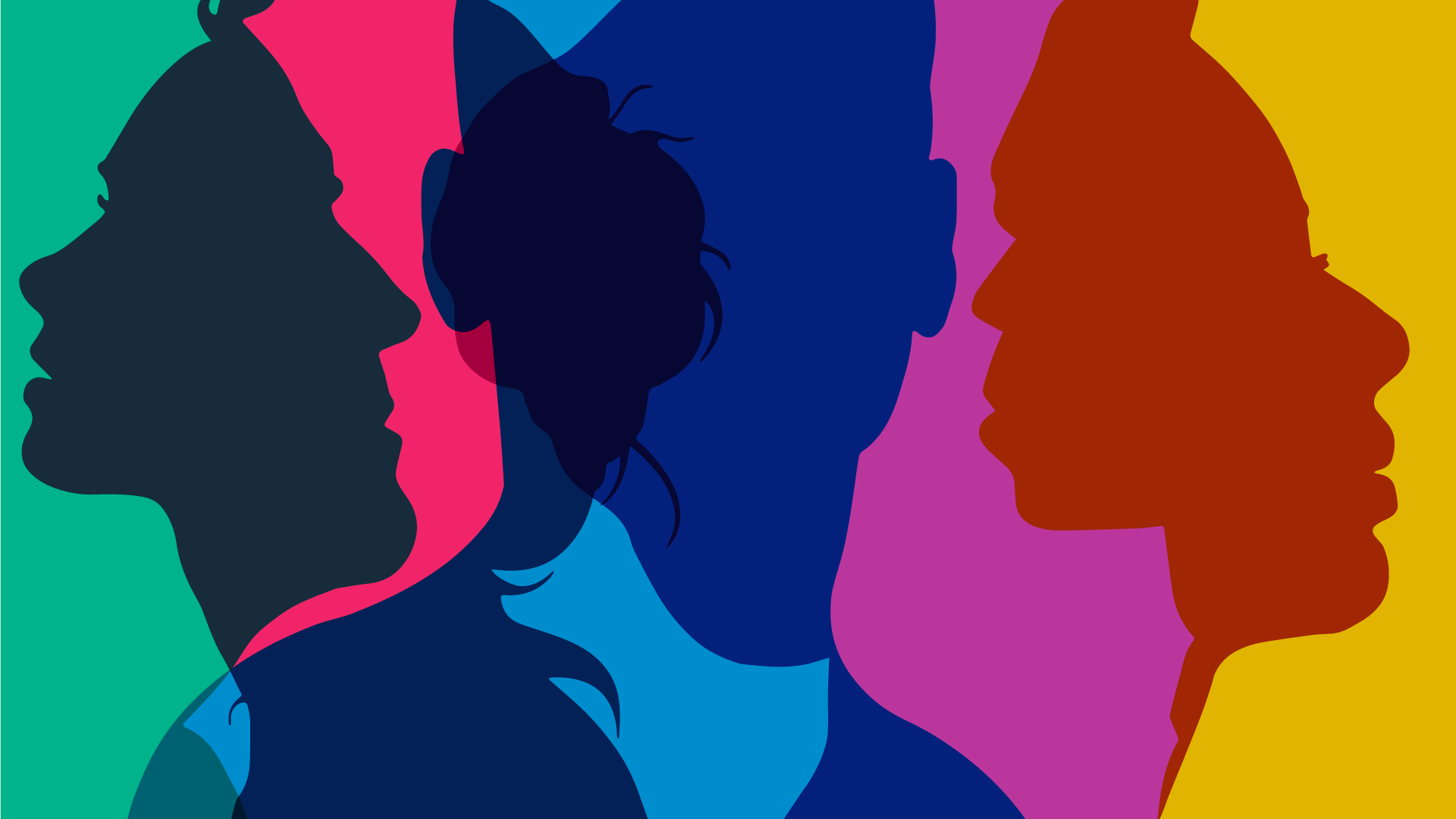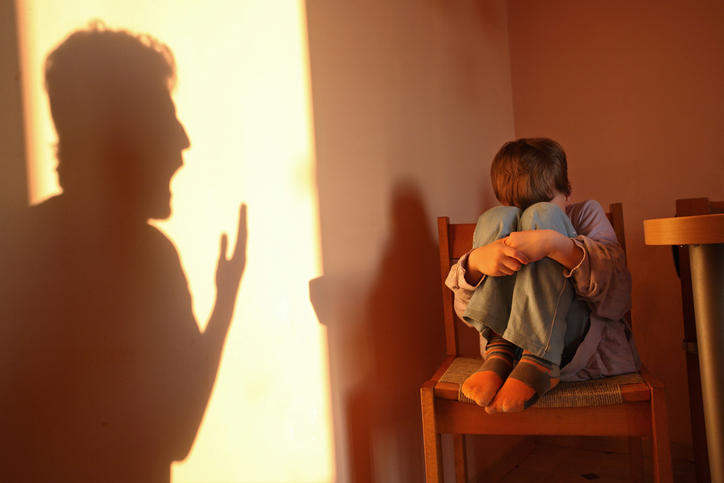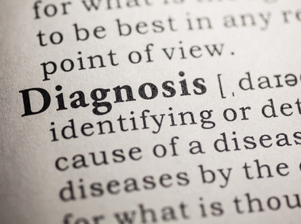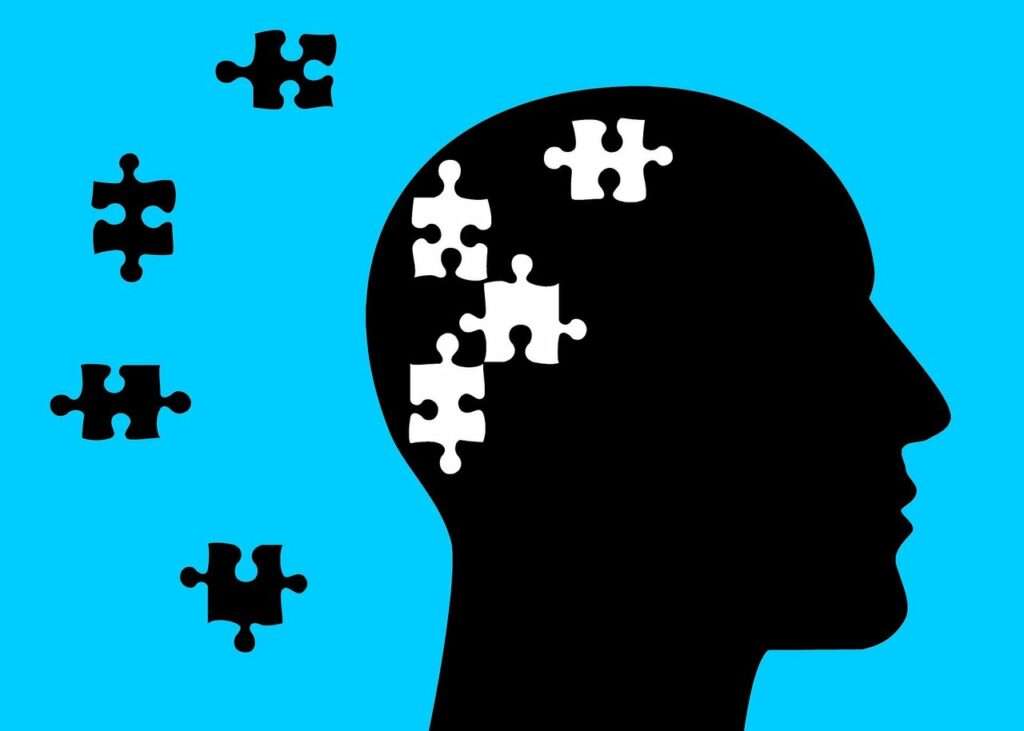Mental disorders can be incredibly difficult to understand and deal with. They are often shrouded in stigma and misunderstanding. In this comprehensive guide, we will explore the various types of mental disorder that exist, their causes, and the treatments available. We hope that this information will help you better understand these complex conditions and provide some relief to those who suffer from them.
Contents
What Are Mental Disorders?
 Mental disorders are conditions that affect mood, thinking, and behavior. They are also known as mental illnesses or psychiatric disorders. Mental disorders are common. More than one in four people in the United States will experience a mental disorder in their lifetime.
Mental disorders are conditions that affect mood, thinking, and behavior. They are also known as mental illnesses or psychiatric disorders. Mental disorders are common. More than one in four people in the United States will experience a mental disorder in their lifetime.
Mental disorders can be treated. Many people with mental disorders improve with treatment. These disorders also can be managed to prevent them from interfering with work, school, or social activities.
Mental disorders are not the result of personal weakness, lack of character, or poor upbringing. Mental disorders are real, serious medical conditions. They are caused by a combination of genes and the environment. Many mental disorders begin in childhood or adolescence.
Different Types of Mental Disorders

There are many different types of mental disorders. Some of the most common include:
Anxiety disorders
Anxiety disorders are one of the most common mental disorders. These disorders include generalized anxiety disorder, panic disorder, social anxiety disorder, and specific phobias.
People with anxiety disorders often have unreasonable fears or worries. They may avoid situations that make them anxious or feel out of control. Many people with an anxiety disorder also feel that they are not good enough or that they will fail.
Depression
Depression is a common mood disorder. It can cause sadness, loss of interest in activities, and problems with eating and sleeping. People with depression may also feel tired, worthless, and guilty. They may have thoughts of suicide. This mental disorder also can occur together with anxiety disorders, substance abuse, or other illnesses.
Bipolar disorder
Bipolar disorder is a mental illness that causes extreme mood swings. These mood swings go from very high (mania) to very low (depression). People with bipolar disorder may feel very happy and energetic during a manic episode. They may also have a lot of energy, be irritable, and have trouble sleeping. During a depressive episode, people with bipolar disorder may feel very sad, hopeless, and worthless. They also may have problems with eating and sleeping.
Schizophrenia
Schizophrenia is a serious mental illness that affects how a person thinks, feels, and behaves. People with schizophrenia may see or hear things that are not there. They also may think that others are trying to hurt them or control their thoughts. Schizophrenia can make it difficult for a person to go to school or work, and take care of themselves.
Eating disorders
Eating disorders are conditions that cause people to have a distorted view of their body weight and shape. People with eating disorders often have an unhealthy relationship with food. Types of eating disorders include anorexia nervosa, bulimia nervosa, and binge-eating disorder.
Obsessive-compulsive disorder
Obsessive-compulsive disorder (OCD) is a mental illness that causes people to have unwanted thoughts (obsessions) and do repetitive behaviors (compulsions). People with OCD may feel like they have to wash their hands over and over again or check the door locks many times. They may have thoughts about harming themselves or others.
Post-traumatic Stress Disorder
Post-traumatic stress disorder (PTSD) is a mental disorder that can occur after someone has been through a traumatic event. A traumatic event is something that threatened a person’s life or caused them physical or emotional harm. PTSD can cause flashbacks, nightmares, and severe anxiety. It also can make it hard for people to connect with other people, go to school or work, or take care of themselves.
Personality Disorders
Personality disorders are also serious mental disorders. These disorders cause people to have a distorted view of themselves and others. People with personality disorders often have problems with relationships, work, and school. They also may have a lot of anger and impulsiveness.
Common Signs of Mental Disorders

There are many common signs of mental disorders. Some of the most common signs are:
Mood Swings
Mood swings are one of the most common signs of mental disorders. People with mental disorders may go from being very happy to be very sad, or from being angry to being calm very quickly. These signs are also called mood swings.
These mood swings also give a person a change in their personality. They may become more aggressive, or they may become very shy and withdrawn.
Changes in Sleep
Another common sign of mental disorders changes in sleep. People with mental disorders may have trouble sleeping, or they may sleep too much.
They may also have nightmares or problems staying asleep. There are also cases where people with mental disorders have problems waking up in the morning.
Changes in Weight
Weight changes are also common signs of mental disorders. People with mental disorders may lose or gain weight without any change in their eating habits.
They may also eat more or less than they usually do. Some people with mental disorders even vomit or have diarrhea because of their anxiety or depression.
Sudden Speech Changes
Sudden speech changes are another sign of mental disorders. People with mental disorders may start talking very fast, or they may start talking very slowly.
They may also say things that don’t make sense, or they may stop talking altogether. Sudden speech changes can be very scary for the people around the person who is experiencing them.
Changes in Behavior
Changes in behavior are also common signs of mental disorders. People with mental disorders may start behaving differently than they usually do.
They may become more or less active, or they may start spending more time alone. Some people with mental disorders may also start getting into fights, or they may start stealing things.
Hallucinations and Delusions
Hallucinations and delusions are two of the most serious signs of mental disorders. These are also when a person sees, hears, smells, or feels something that isn’t there.
Delusions are when a person believes something that isn’t true. Delusions can be very dangerous because they can make a person act on their beliefs even if they are dangerous or harmful.
Common Causes of Mental Disorders

There are many causes of mental disorders. Some of the more common causes include:
Genetics
Genetics is one of the main causes of mental disorders. If someone in your family has a mental disorder, you are more likely to develop one too. There are also many things that you should keep in mind about genetics and mental disorders. For example, just because you have a gene for a mental disorder doesn’t mean that you will definitely develop the disorder. You may also be more likely to develop a mental disorder if multiple people in your family have them.
Environmentl Factors
Your environment can also play a role in whether or not you develop a mental disorder. Things like stress, traumatic events, and exposure to toxins can all increase your risk. There are also some things that can protect you from developing a mental disorder. For example, having a strong social support system can help decrease your risk.
Biology
Your biology can also play a role in whether or not you develop a mental disorder. Things like your brain chemistry and hormones can affect your risk. Additionally, some medical conditions can increase your risk of developing a mental disorder. The biological factors play a role in 50% of mental disorders.
Abuse
Abuse also plays a major role in the development of mental disorders. This includes things like physical abuse, sexual abuse, and emotional abuse. Abuse can cause a lot of damage to a person’s psyche, which can increase their risk of developing a mental disorder. There are also many different types of abuse. These may have an adverse effect on anyone who experiences it.
Diagnosis of Mental Disorders

The diagnosis of mental disorders is a process that involves a number of steps.
The first step is to gather information about the person’s symptoms. This may include talking to the person, their family, and friends, as well as looking at medical records.
The second step is to determine if the symptoms are caused by a physical condition or by another mental disorder. Also, another way to diagnose is by ruling out any other physical health condition that might be causing the symptoms.
The third step is to determine the type and severity of the mental disorder. This is done by looking at how much the symptoms are affecting the person’s life.
The fourth step is to come up with a treatment plan. This may involve medication, therapy, or both.
Treatment of Mental Disorders

The treatment of mental disorders can involve medication, therapy, or both.
Some of these treatment options also include,
Medications
Medications are one way that can help you to treat mental health disorders. There are a number of different medications that are used to treat mental health disorders. There are also many types of medications like antidepressants, antipsychotics, and mood stabilizers.
Therapy
Therapy is another way that you can help to treat mental health disorders. This type of treatment usually involves talking to a therapist about your thoughts and feelings. Therapy can help you to understand why you feel the way you do and it can also teach you how to deal with your symptoms.
Combination Treatment
Many people find that a combination of medication and therapy works best for them. This type of treatment can help to treat the symptoms of mental health disorders and it can also help to improve moods and feelings.
Not everyone needs to take medication or go to therapy in order to get better.
Self-Help For Mental Disorders
There are many self-help strategies for mental health disorders.
Some of these self-help strategies include:
Exercising Regularly
Exercising regularly always helps to improve mood and overall health.
Eating a Healthy Diet
Eating a healthy diet is important for everyone, but it is especially important for people with mental health disorders.
Getting Enough Sleep
Getting enough sleep is another way to help improve your mood and mental health.
Managing Stress
Managing stress is an important part of taking care of your mental health.
Participating in Activities You Enjoy
Participating in activities you enjoy is a great way to improve your mood and overall well-being.
Spending Time with Friends and Family
Spending time with friends and family is one of the best things that you can do for your mental health.
Staying positive and hopeful
When you are dealing with a mental health disorder, it is important to stay positive and hopeful.
Connecting with others
You should also be connecting t others who understand what you are going through. There are many positive impacts of mental health treatment.
Conclusion
Mental disorders are conditions that affect a person’s mood, thoughts, and behavior. They are caused by a combination of genetic, environmental, and psychological factors. These disorders are also very common, affecting more than one in five people in the United States. There are many different types of mental disorders, and each one can vary in severity. Some people may only experience a few symptoms, while others may struggle with multiple disorders at the same time.
A Word From Therapy Mantra
Your mental health — Your psychological, emotional, and social well-being — has an impact on every aspect of your life. Positive mental health essentially allows you to effectively deal with life’s everyday challenges.
At TherapyMantra, we have a team of therapists who provide affordable online therapy to assist you with issues such as depression, anxiety, stress, workplace Issues, addiction, relationship, OCD, LGBTQ, and PTSD. You can book a free therapy or download our free Android or iOS app.


